.jpg) |
| Donizetti: L'elisir d'amore - Longborough Festival Opera in rehearsal (Photo: Craig Fuller) |
British-Swiss director, Max Hoehn's production of Donizetti's L'elisir d'amore opens at Longborough Festival Opera on 20 June. Here, he talks about his comic inspirations and the challenge of organising scenes of total chaos. You've set this opera in the British countryside. As a Swiss citizen, what drew you to that location?
I’m a mishmash, really, born in London to Swiss-Hungarian parents and now living in Berlin married to a Portuguese singer. As an opera director you need to be a ‘citizen of the world’ because wherever you’re directing the local cultural context does play a role in how you can form an engaging dialogue between the opera and the audience.
The atmosphere of the countryside, therefore, is important in the opera but Donizetti and Romani never give it a very specific location. It’s a fantasy pastoral idyll that corresponds nicely with the established, romanticised ideas we have about English rural life today.
Class difference and money are two important elements of the plot of L'elisir. What do you find interesting about looking at this through a distinctly British (perhaps English) prism?
We are used to a picture-perfect, nostalgic idea of the English countryside. But, of course, that’s not the whole story. I would say that this production is deliberately playing with those archetypal images and ideas that British audiences are already so familiar with but undercutting them as well with a narrative that has class difference at its heart. The result should feel very true to Donizetti and that Italian comic tradition but quite modern at the same time.
Do you think it’s harder to direct a comedy or a tragedy?
It depends on the score. For instance, L’elisir has a perfectly crafted score that is extremely approachable for a cast. The comic beats are all there in the music. The danger is always trying to make sure the comedy is not too broad or predictable. I have a feeling that British opera singers take to comedy and irreverence very quickly and easily because of the cultural importance of British comedy such as Monty Python, Fawlty Towers and so forth.
What are your comedic inspirations?
A lot come from childhood: the extensive operatic excerpts used in Bugs Bunny cartoons, the village in Postman Pat. And there’s one character in L’elisir, Belcore, who reminds me very much of Lord Flashheart in the Blackadder TV series.
What have been your influences for L'elisir d'amore?
I have worked on several Italian comic operas and the libretto for L’elisir by Romani shares the love of wordplay and verbal jousting that characterises the Da Ponte-Mozart collaborations and Ferretti’s brilliant version of Cinderella for Rossini.
What makes opera funny?
Italian comic opera is at its best when depicting scenes of total chaos through heavily organised and carefully crafted musical ensembles. These scenes manage to reach a heightened, exhilarating state that’s irresistible for an audience.
Are there any edges of satire in your take?
I can’t imagine comedy without some element of satire. But it’s very light and gentle in our case. Heavy-handedness is death in this kind of repertoire.
What are you enjoying most about this process?
I’m able to indulge in the eccentricity of some of the characters, as well as my own.
Donizetti: L'elisir d'amore - Jennifer Witton, Thando Mjandana, Emyr Wyn Jones, Arthur Bruce, director: Max Hoehn, conductor: Alice Farnham - in repertoire at Longborough Festival Opera from 20 June to 1 July 2023. Tickets are available now at Longborough's website.
.jpg) |
| Donizetti: L'elisir d'amore - Max Hoehn & cast members in rehearsal, Longborough Festival Opera(Photo Craig Fuller) |
Max Hoehn began his career assisting directors such as Graham Vick, David Pountney and Johannes Erath and in 2015 won the Independent Opera Directing Fellowship. He staged the UK première of Simon Vosecek’s Biedermann and the Arsonists at Sadler’s Wells [see Robert's review] which led to his nomination for Best Young Director at the International Opera Awards. Recent productions include The Consul (Welsh National Opera) and La Cenerentola (Stadttheater Bremerhaven) while new productions this year include The Flying Dutchman (Teatro Nacional de São Carlos, Lisbon) and Four Sisters (Royal Conservatoire of Scotland).
Future productions include Così fan tutte (Welsh National Opera) and Die Fledermaus (Theater Neubrandenburg Neustrelitz) while his opera translations include Khovanshchina for Birmingham Opera Company. Hoehn’s also the founding artistic director of Opera21, a laboratory for new work, whose current commissions are The Last Castrato for Torsten Rasch and Sonata for Broken Fingers for Joe Cutler. [see Robert's 2022 interview with Max Hoehn, talking about Opera21]




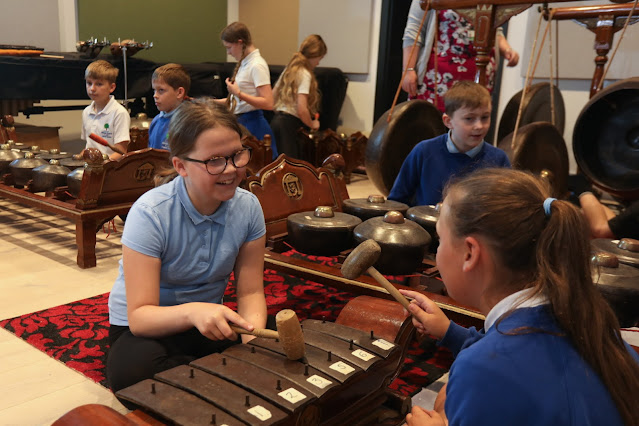





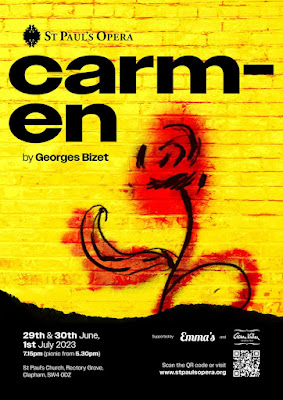
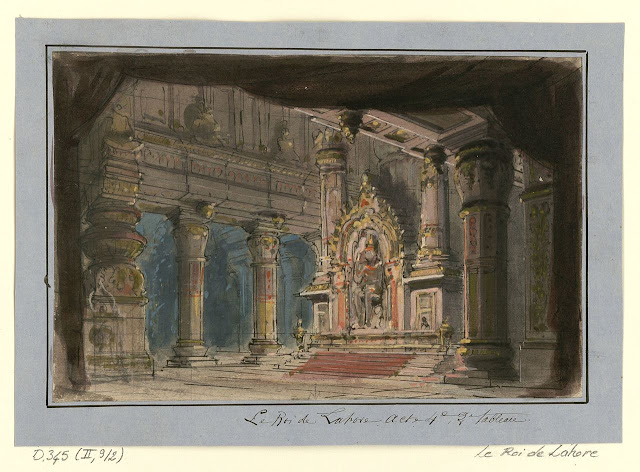



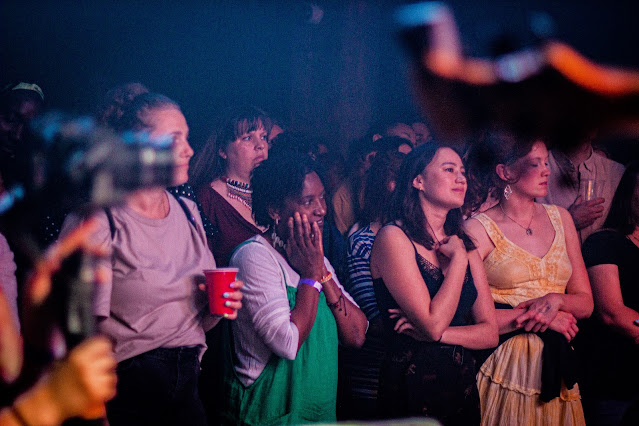
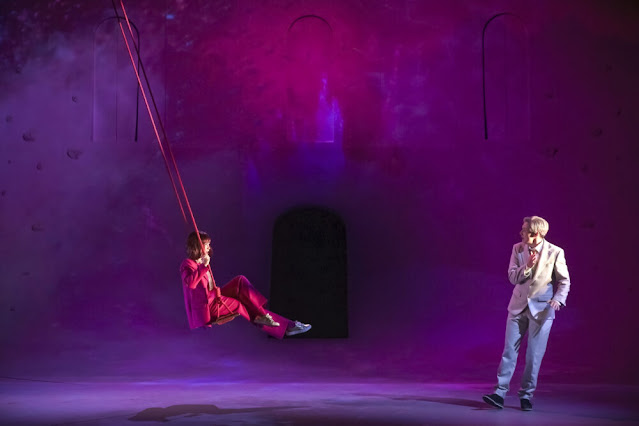


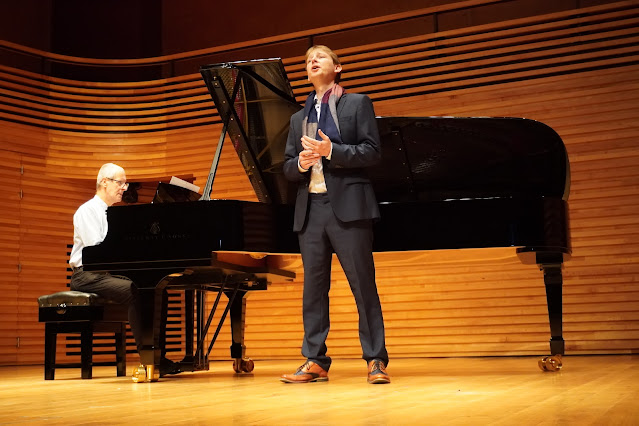

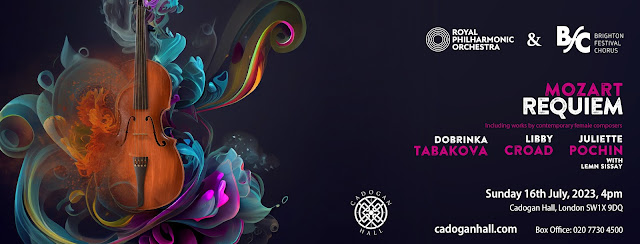
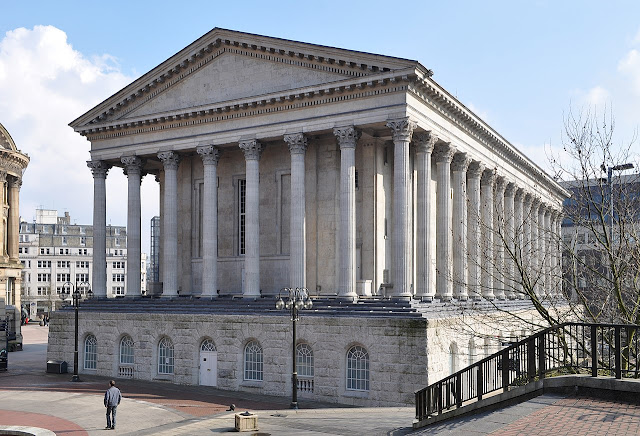
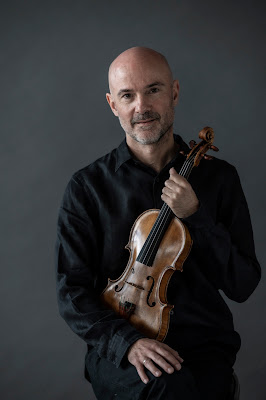
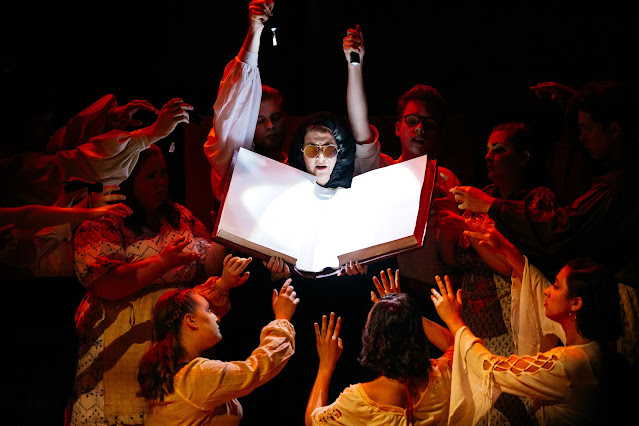


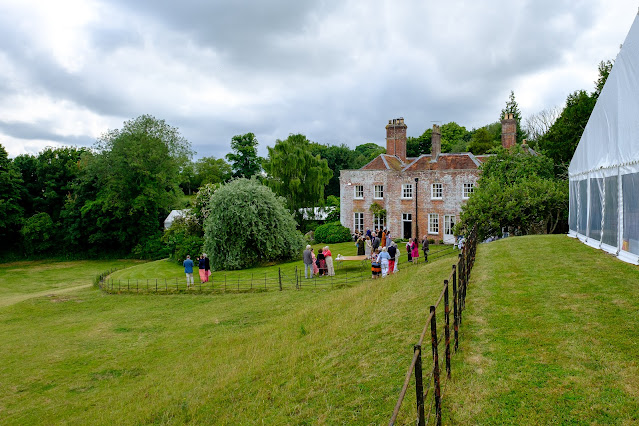
.jpg)
.jpg)

.png)







